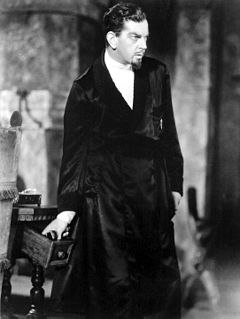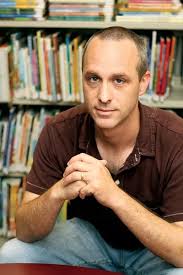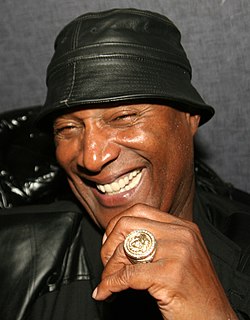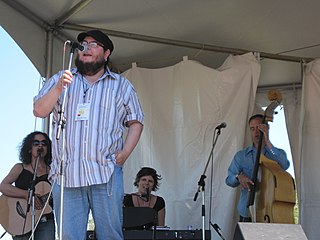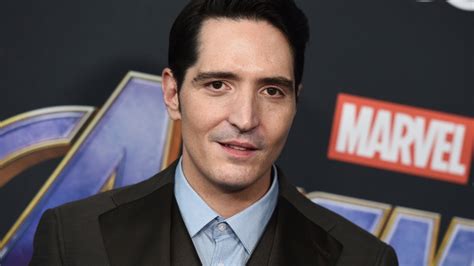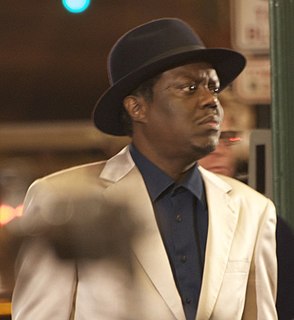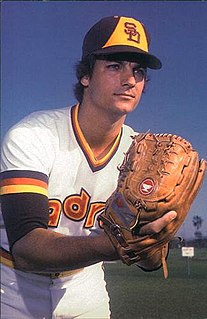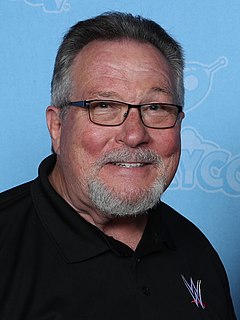A Quote by Leslie Banks
The story grew, got way bigger than the contest rules called for, and next thing I knew I had a book.
Related Quotes
The format of the book was the idea of my wonderful editor, Stephen Segal. Stephen and I had worked together before, on projects for the Interstitial Arts Foundation, and when he got the idea for an accordion-style book, he called and asked if I could write the story for it. I told him that I would love to try! And I knew it had to be a love story, because that's the sort of story you really want to hear from both perspectives. I mean, imagine if Pride and Prejudice were told from Darcy's perspective as well as Elizabeth's. It would be quite a different story!
When I pray the Lord's Prayer, I begin with the first word, "Our. . ." (see Matthew 6:9) and I stop and ask myself, "Who do I include in this Our?" I remind myself that the story of God is bigger than my personal story, bigger than the story of my religion, bigger than the story of all humanity, and bigger than the story of all creation. In the kingdom of God, these four stories are all really my stories - all at the same time - woven together, giving meaning and life to each other.
I always knew from the beginning that this was the only way to write Then We Came To The End - that it had to be in first - person plural if it was going to illustrate how the individual becomes part of the collective. I had no interest in writing the book in a more conventional voice. It goes back to that fascination I had with telling a story in multiple ways. It was the only choice I gave myself, really - I said "This is it, pal. If you can't tell a story this way, you're going to have to abandon the book. Write it this way or give up."
No sooner had he thought this than he realized what was anchoring his happiness. It was purpose. He knew what he wanted to do. He knew the way he thought things should be, and Mr. Harinton was proving that other people--even adults--could feel the same way. Nicholas had something to aim for now. He might not know what he wanted to be when he grew up, but he knew with absolute certainty how he wanted to be.
I'm not the only kid who grew up this way, surrounded by people who used to say that rhyme about sticks and stones, as if broken bones hurt more than the names we got called, and we got called them all. So we grew up believing no one would ever fall in love with us, that we'd be lonely forever, that we'd never meet someone to make us feel like the sun was something they built for us in their toolshed. So broken heartstrings bled the blues, and we tried to empty ourselves so we'd feel nothing. Don't tell me that hurts less than a broken bone...
I knew what I wanted to do when I set out. I knew that I wanted to write a book that told the story, obviously. I wanted it be comedy first, because I felt like there already had been childhood druggy stories that were very serious, and I felt that the unique thing here was that I was a comic and I could tell the story with some levity, and I have been laughing at these stories my whole life.
The first comic book I ever bought, I was in third grade. It was 'Avengers,' I think, #240. I grew up in Kansas City. And I walked into a 7-11. I had seen, like, 'The Hulk' TV series. I knew about comic book heroes. I knew about it, but I hadn't actually had a physical comic in my hands until that time. And it was a big deal for me.
The editor, Stephen Segal, actually called me with the idea of creating an accordion book [ "The Thorn & The Blossom"], and asked if I could write a story for it. I was so intrigued! I immediately knew that it had to be a love story told from the points of view of the two main characters. Right away, I started working on a proposal. And once I had my main characters, Brendan and Evelyn, it was as though they started telling me their stories.
Distances and days existed in themselves then; they all had a story. They were not barriers. If a person wanted to get to the moon, there is a way; it all depended on whether you knew the directions, on whether you knew the story of how others before you had gone. He had believed in the stories for a long time, until the teachers at Indian school taught him not to believe in that kind of "nonsense". But they had been wrong.
